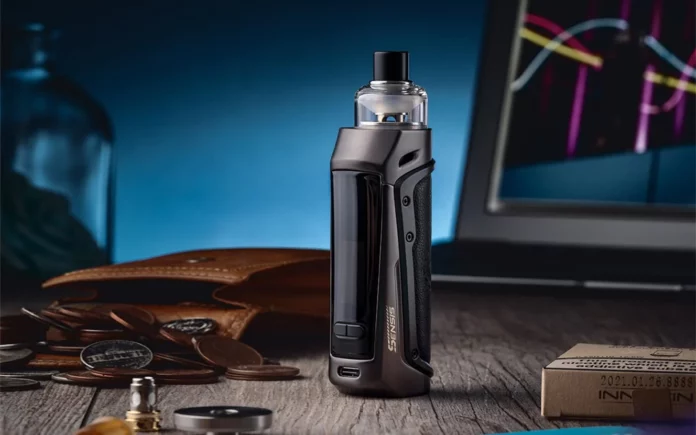A new vaping industry lawsuit has been filed against the state of North Carolina over its recent law regulating the sale of electronic cigarettes. The lawsuit, filed in federal court on Wednesday, argues that the state’s Session Law 2024-31 is preempted by federal law, specifically the Food, Drug, and Cosmetic Act (FDCA), which can only be enforced by the U.S. Food and Drug Administration (FDA).
The Vapor Technology Association (VTA) and several other plaintiffs, including AMV Holdings LLC, Wages and White Lion Investments LLC, Bright Leaf Vendors, and individual vape user Reagan Murphy, are challenging the law, which they claim oversteps state authority.
Session Law 2024-31, effective May 1, directs the North Carolina Department of Revenue to enforce restrictions on the sale of electronic cigarettes, requiring manufacturers and sellers to receive marketing authorization from the FDA. Any products not listed in a compliance directory, which is set to be published starting May 1, must be sold or removed from the market within 60 days. The lawsuit claims that these provisions will lead to significant disruptions in the market, potentially barring companies from selling most, if not all, of their products in the state by June 29, 2025.
The plaintiffs argue that the law undermines federal authority by attempting to enforce the FDCA, a role already reserved for the FDA. The law also creates a distinction between tobacco-derived nicotine e-cigarettes and non-tobacco-derived products, which the plaintiffs claim violates the Supremacy Clause of the U.S. Constitution and the Equal Protection Clause of the 14th Amendment.
“The FDA has acknowledged that e-cigarettes are safer alternatives to combustible cigarettes and has taken a case-by-case approach to enforcement. North Carolina’s law obstructs that federal framework and unfairly treats different types of e-cigarettes differently,” said a representative for the plaintiffs.
The lawsuit also highlights concerns from Reagan Murphy, a vape user, who alleges that the law could prevent her from accessing products she uses to help stay away from combustible cigarettes, further emphasizing the law’s potential negative impact on individual users.
The case is being heard in the U.S. District Court for the Eastern District of North Carolina under the case title Vapor Technology Association et al. v. Wooten et al. (Case Number 4:25-cv-00076).



